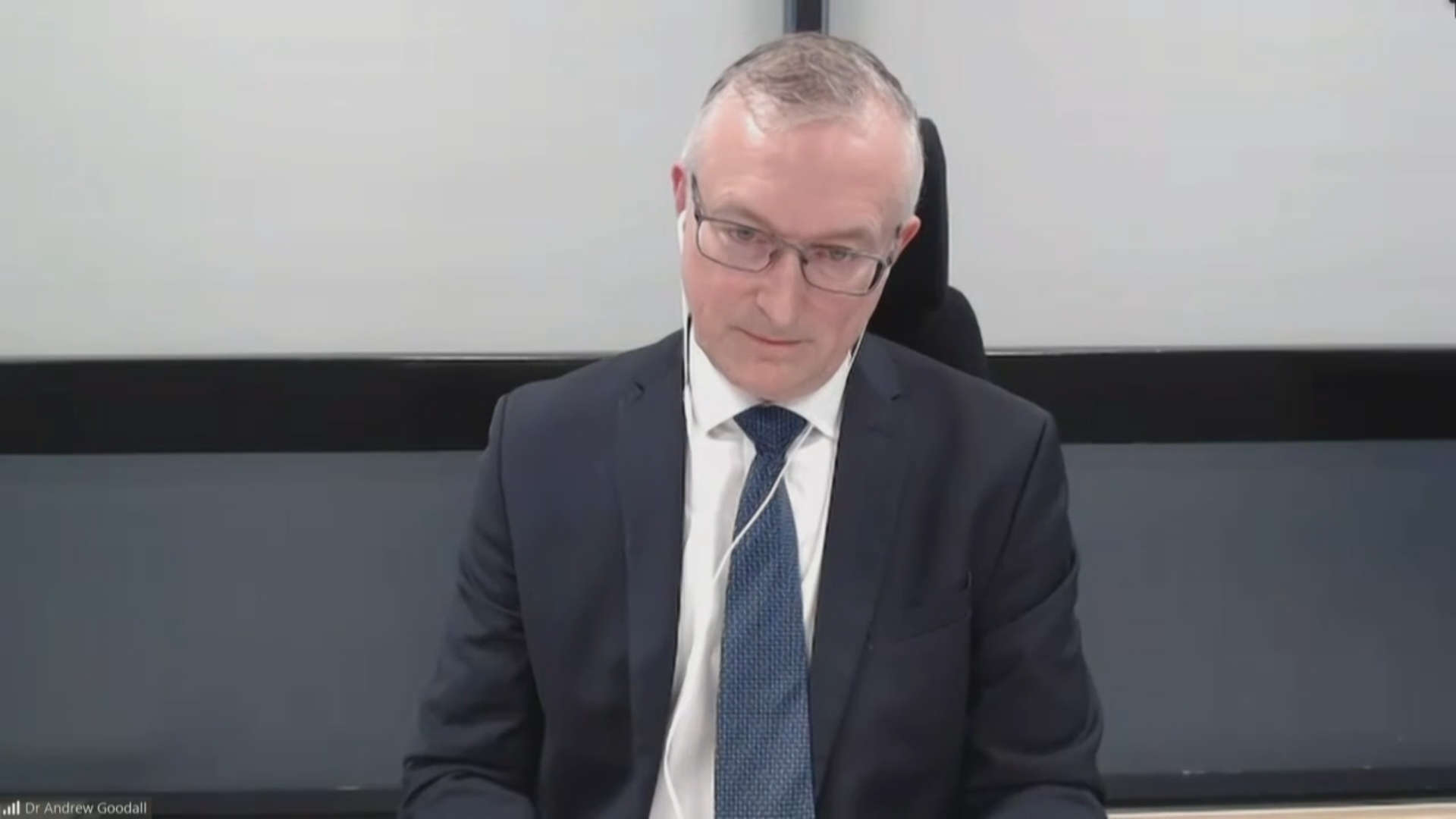
Campaigners called for greater openness, warning trust in politics is perilously low following controversy surrounding donations to the ex-First Minister's leadership campaign.
Transparency International, a nonprofit organisation aimed at combating corruption, told Wales' public accounts committee that polls show most people think politicians are "out for themselves".
The charity raised concerns about donations to Vaughan Gething's campaign, transparency on informal WhatsApp use during the pandemic, and leaks to the press.
Mr Gething, who resigned after less than five months as First Minister, declared the £200,000, from a convicted polluter, in line with rules on donations.
In evidence to the committee, Transparency International said: "Recent events in Wales...have brought into question the adequacy of current checks to protect integrity in high office."
"Presently, the first minister of the day produces a code of conduct outlining the standards expected of their colleagues, which they alone have the ability to enforce."
Cabinet handbook
Mark Isherwood, who chairs the committee, raised concerns about the Welsh Government refusing to publish its "cabinet handbook" in response to a request from Nation.Cymru.
Unlike the UK Government's public cabinet manual, which sets out rules for the operation of government, the Welsh Government's equivalent document remains a guarded secret.
Andrew Goodall, the Welsh Government's permanent secretary, told the meeting on Wednesday that the two documents serve different purposes despite similarity in the labels.
Dr Goodall said the handbook collates internal-facing support for Welsh ministers and includes details of security arrangements which would not be appropriate to publish.
Wales' most senior civil servant argued the UK manual was designed to be outward facing.
'Open'
Dr Goodall explained the Welsh Government will produce a version of its handbook that is suitable to put into the public domain by the end of the year.
The former NHS Wales chief executive said: "I would like to be open – certainly with the committee – about areas or topics that we have chosen to exclude."
Mr Isherwood replied: "Non-disclosure generates concerns that may not be merited and I'd suggest it's in everyone's interests for this to be fully in the public domain provided it doesn't create risks for individuals in terms of security, for example."
In his response to the committee's consultation, Pedr ap Llwyd, the former chief executive of the National Library of Wales, stressed the importance of government transparency.
He wrote: "A balance must be struck between confidentiality on sensitive government matters and the public's right to know how government operations are managed."
Ministerial code
Prof ap Llwyd urged the Welsh Government to do more to assure the public that robust mechanisms are in place to handle leaks fairly and thoroughly.
Dr Goodall said Wales follows unauthorised disclosure guidance overseen by the UK Government, "so we're unable to release that information ourselves into the public".
Pressed about the ministerial code, which sets standards for ministers, he said it is up to the first minister to decide how complaints are handled or ask for an independent adviser.
In its evidence, the Institute for Government joined Transparency International in calling for the code to be put in law to bring it in line with rules for the conduct of civil servants.
The independent think tank argued this would reaffirm the principle that ministers are as accountable for their behaviour as those who serve them.
'Aggrieved'
Helen Foster, of the department of accounting, finance and economics at Ulster University's business school, warned of a weakness in the ministerial code.
Dr Foster said the decision to instigate an investigation remains with the first minister, calling for legislative change to rectify the "defect" that limits accountability.
Labour's Mike Hedges warned the system does not work, saying: "I know at least one former minister who feels really aggrieved with the actions of certain civil servants."
The Tories' Natasha Asghar asked whether David Richards, director of propriety and ethics, was acting as an independent adviser when investigating Dawn Bowden, then-arts minister.
Dr Goodall said Mr Richards, who was unable to appear before the committee for personal reasons, was not technically acting as an independent investigator under the code.
He said the first minister has discretion to appoint internally which reflects usual practice.
Leak claims
Ms Asghar pointed out that Mr Gething took advice from the permanent secretary to ensure he was acting within the code when sacking Hannah Blythyn over leak claims she denies.
Ms Asghar said the ministerial code gave no role to the permanent secretary and other officials for investigating breaches before it was changed in 2021.
Pressed about potential conflicts of interest, Dr Goodall reiterated that civil servants are not involved in enforcing the code.
Transparency International and the Institute for Government recommended appointing a standing external adviser, with Dr Foster calling for own-initiative investigations.
Quizzed about the use of informal messaging by ministers, Dr Goodall said all government business should be "translated" to be part of the official record.




 Vale line closes for engineering works
Vale line closes for engineering works
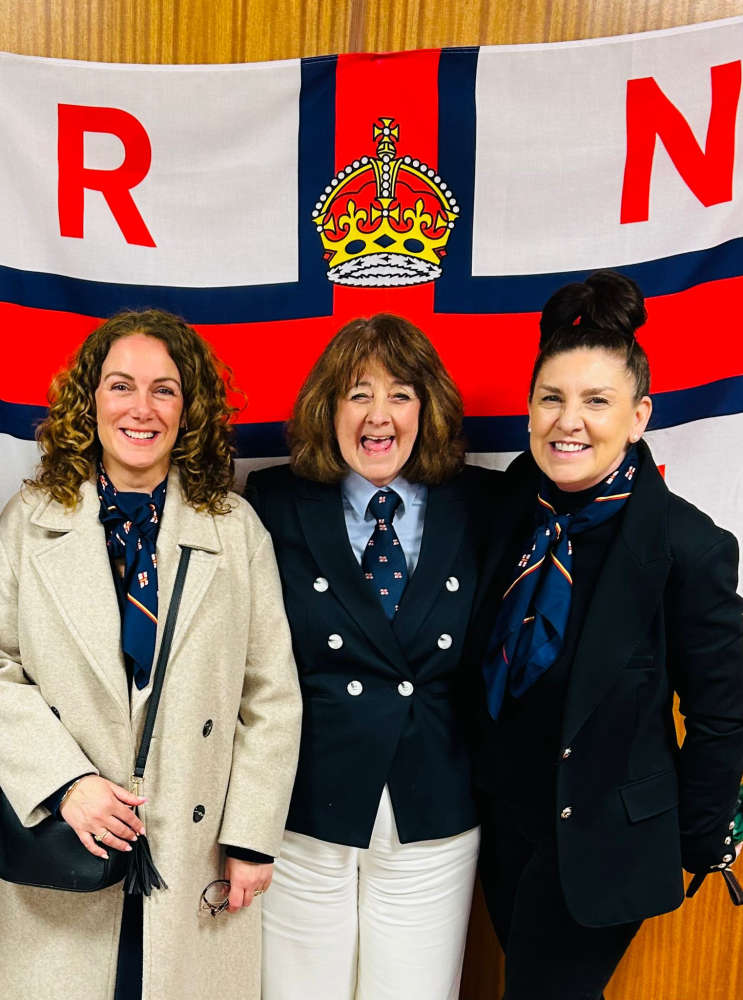 Freedom of the Vale for RNLI volunteers
Freedom of the Vale for RNLI volunteers
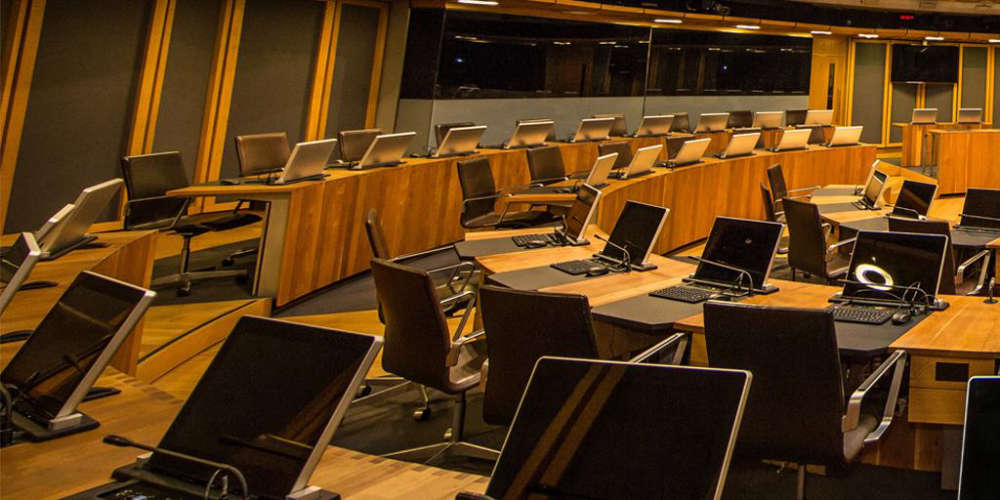 Senedd moving out of Siambr
Senedd moving out of Siambr
 Norovirus: hospital pressure 'exceptional'
Norovirus: hospital pressure 'exceptional'
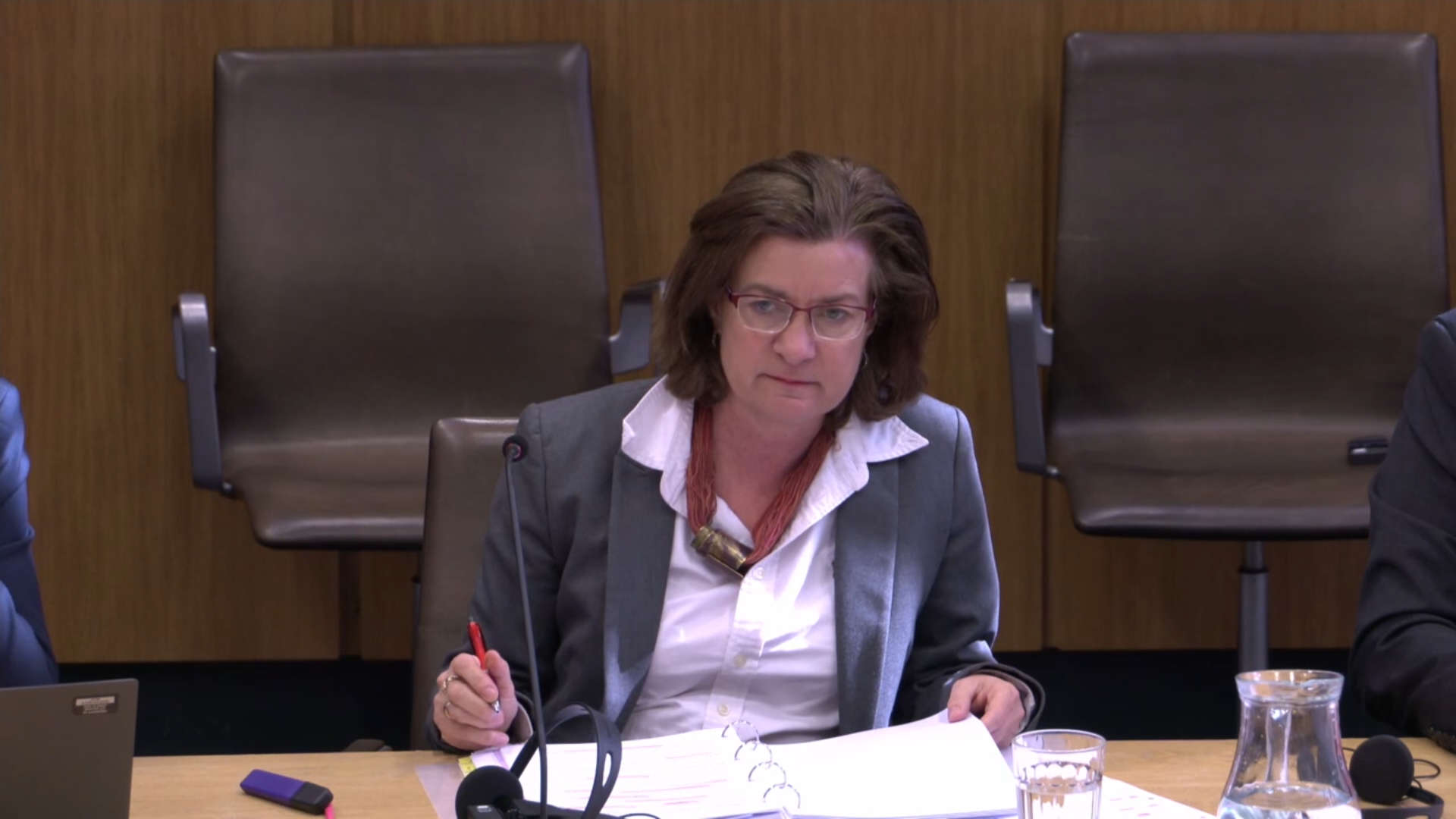 Morgan grilled over £4.8bn benefit cuts
Morgan grilled over £4.8bn benefit cuts
 Barry Bike Club to return
Barry Bike Club to return
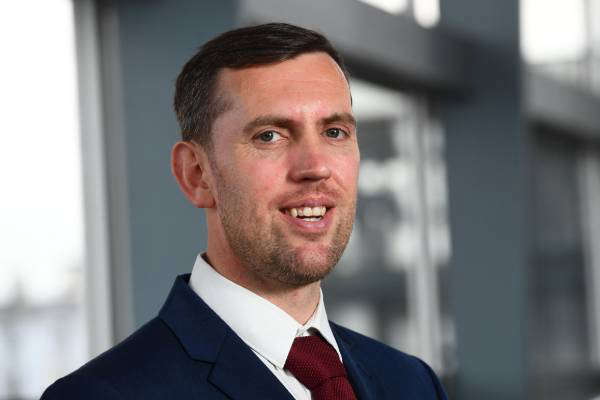 St David bravery award for Penarth lifesaver
St David bravery award for Penarth lifesaver
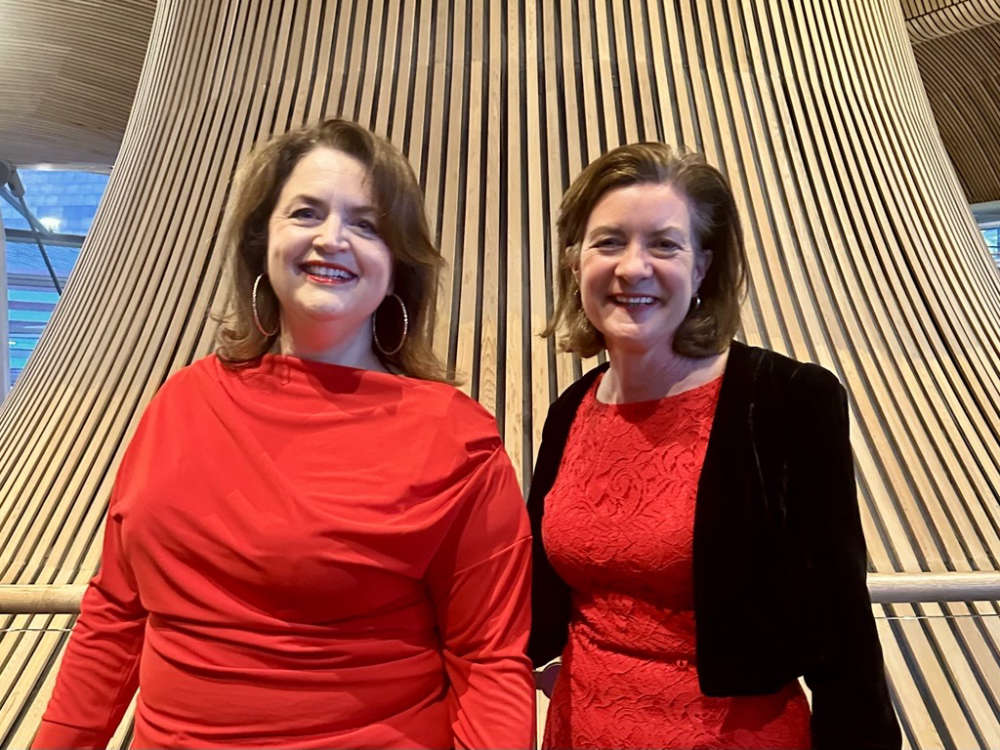 Ruth Jones honoured with St David Award
Ruth Jones honoured with St David Award
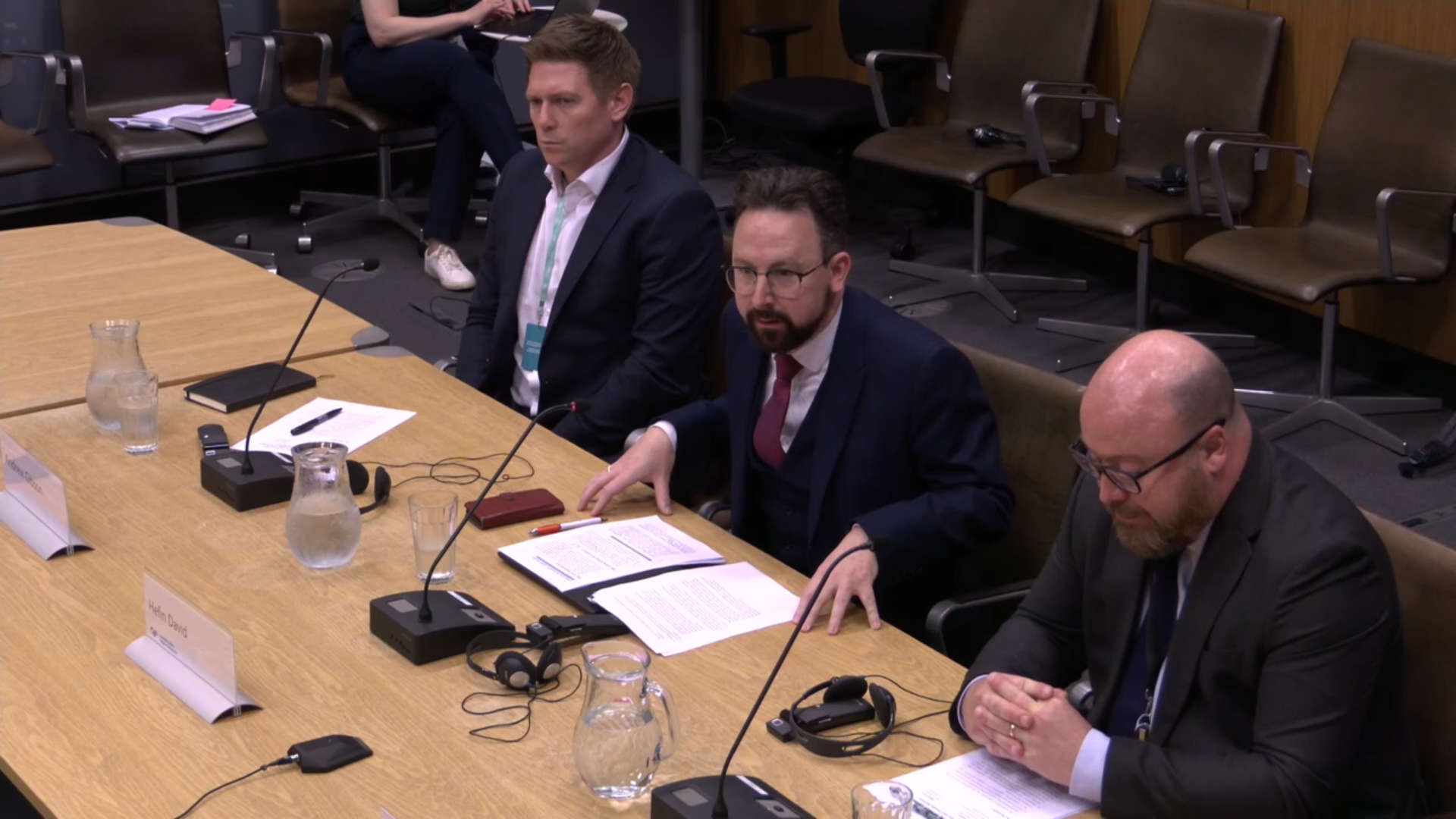 Plans for ‘crumbling’ Senedd offices face scrutiny
Plans for ‘crumbling’ Senedd offices face scrutiny
 Work to start on new Vale campuses
Work to start on new Vale campuses
 Barry Company launches world's first edible soap
Barry Company launches world's first edible soap
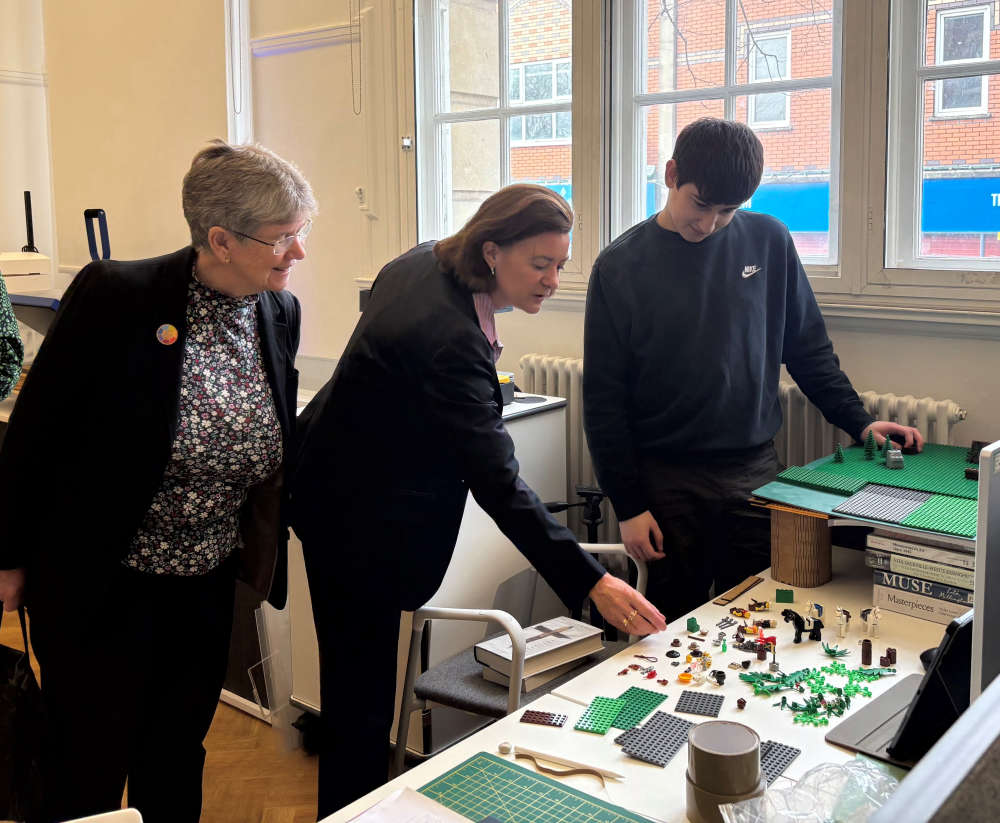 First Minister visits Barry Makerspace
First Minister visits Barry Makerspace
 Council's housing waiting list grows again
Council's housing waiting list grows again
 Cardiff Airport's chief exeuctive quits
Cardiff Airport's chief exeuctive quits
 Norovirus: hospital visitor ban extended
Norovirus: hospital visitor ban extended
 Littering on the increase, charity warns
Littering on the increase, charity warns
 Hot Chicks – 'powerfully performed yet disappointingly stereotypical'
Hot Chicks – 'powerfully performed yet disappointingly stereotypical'
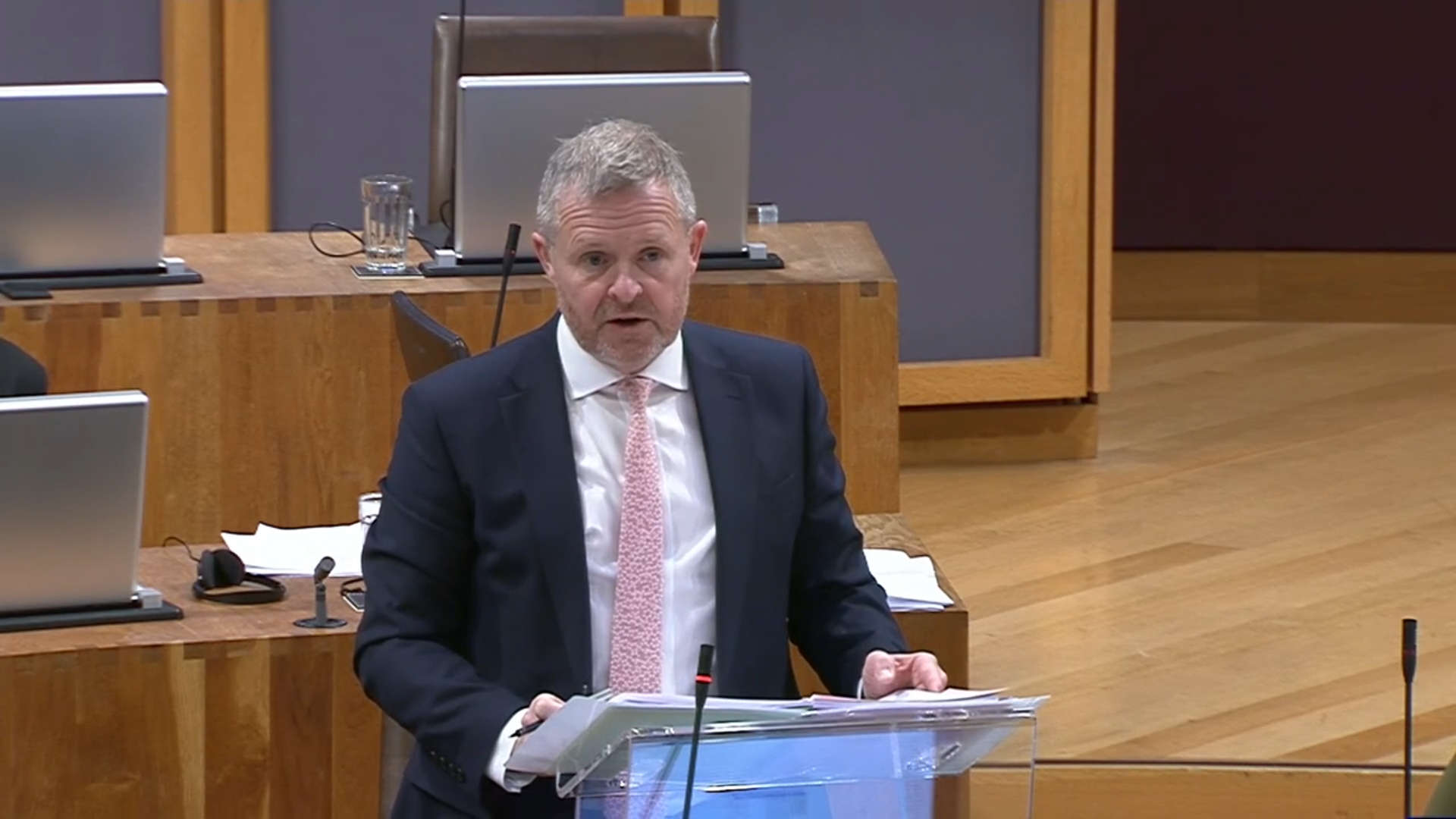 Unhealthy meal deal ban passes by one vote
Unhealthy meal deal ban passes by one vote





